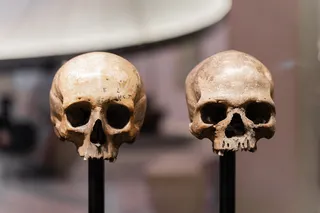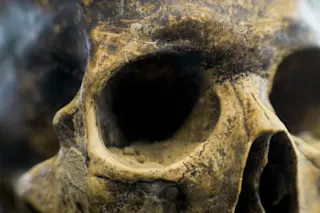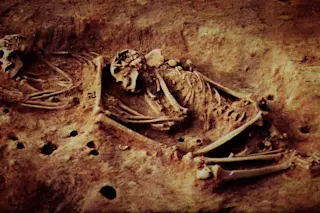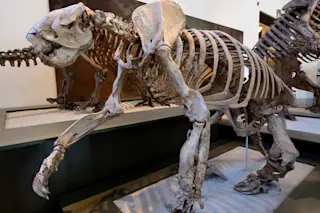That's the question a commenter poses, albeit with skepticism. First, the background here. New England was a peculiar society for various demographic reasons. In the early 17th century there was a mass migration of Puritan Protestants from England to the colonies which later became New England because of their religious dissent from the manner in which the Stuart kings were changing the nature of the British Protestant church.* Famously, these colonies were themselves not aiming to allow for the flourishing of religious pluralism, with the exception of Rhode Island. New England maintained established state churches longer than other regions of the nation, down into the early decades of the 19th century.
Between 1630 and 1640 about ~20,000 English arrived on the northeastern fringe of British settlement in North America. With the rise of co-religionists to power in the mid-17th century a minority of these emigres engaged in reverse-migration. After the ...













